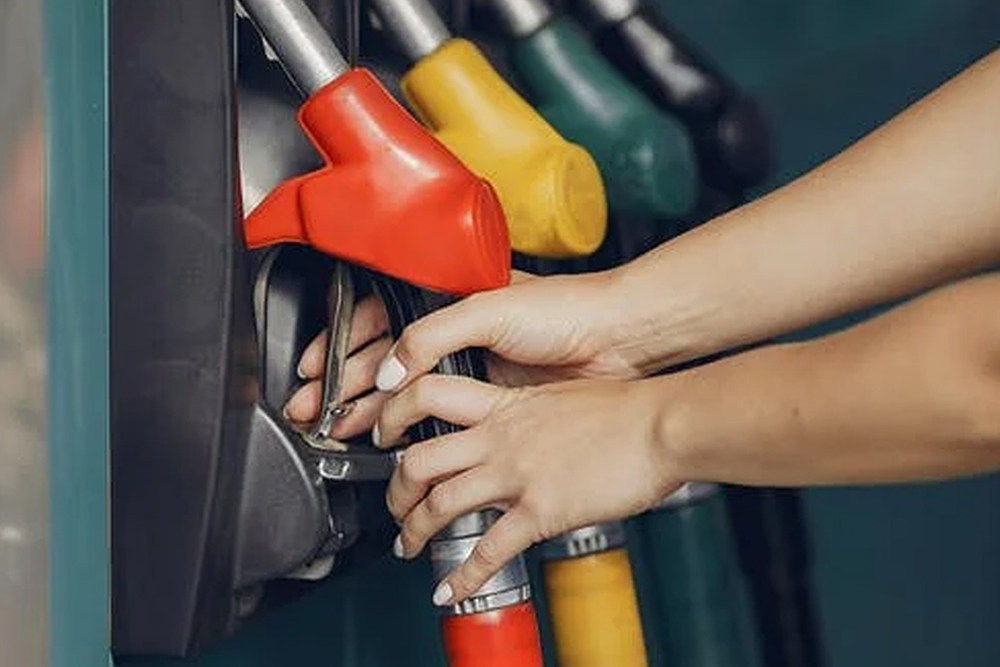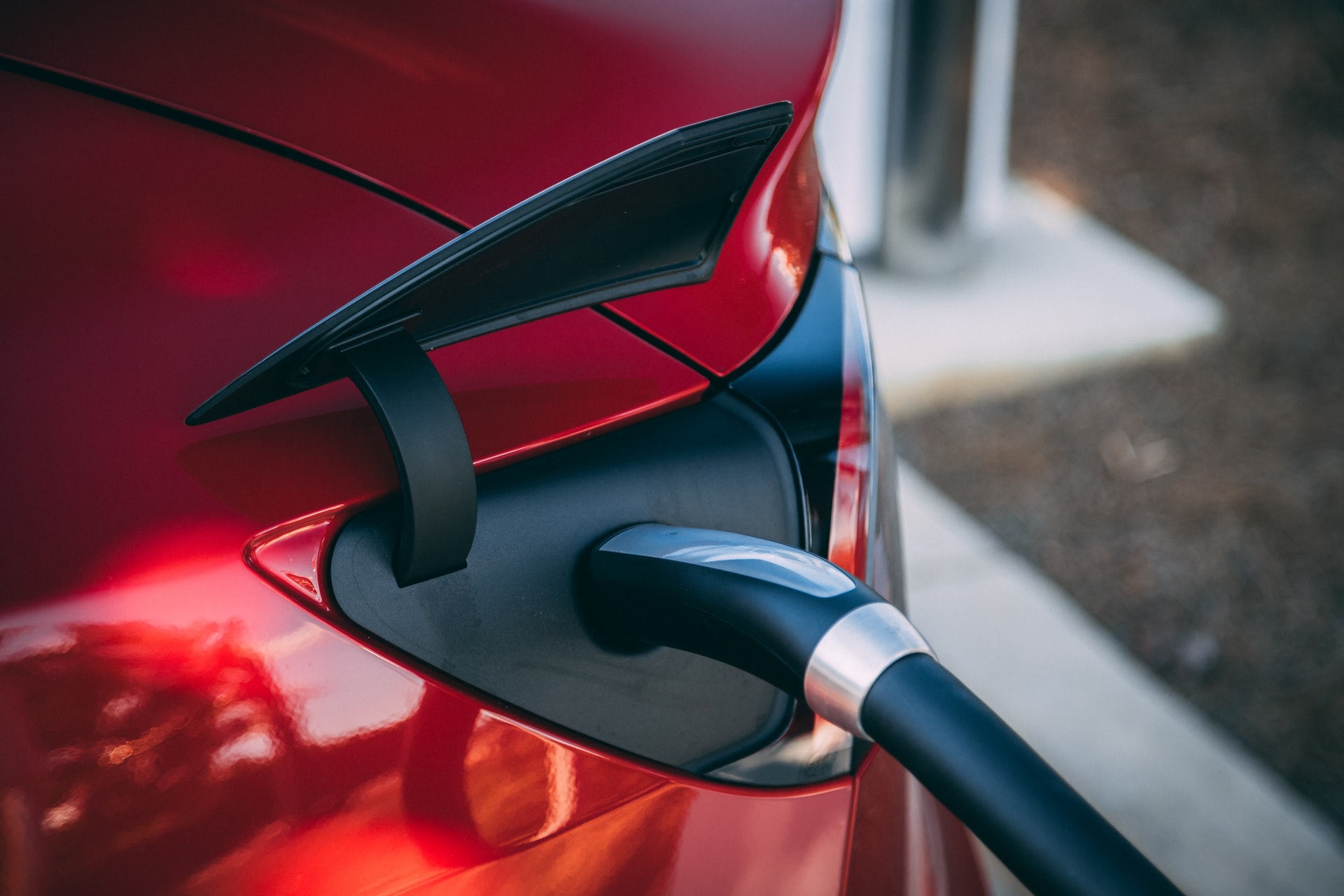
Roman Danaev
Keeping up with regular car maintenance is essential to ensure the longevity and reliability of your vehicle. One of the most important aspects of car maintenance is servicing your car. But if you want to do it right, you need to ask a few questions first – and this article will answer them.
Quick note: It’s important to remember that regular car servicing not only helps to keep your car running smoothly and safely, but is also a requirement in most car finance deals.
How often should I service my car?
Mechanics and manufacturers recommend servicing your car at regular intervals, which depend on the type of service:
| Service Type | Car Service Schedule |
|---|---|
| Regular maintenance | As needed (for fluids, filters) |
| Interim service | Every 6 months or 6,000 miles, whichever comes first |
| Full service | Every 12 months or 12,000 miles, whichever comes first |
| Manufacturer service | Stated in the owner’s manual |
Regular maintenance
Regular maintenance typically involves replacing the engine oil and oil filter, as well as checking and topping off other fluids, such as coolant, brake fluid, and power steering fluid.
There is no set schedule. You should simply top up your car fluids when the levels are low or if the fluid is dirty and needs to be replaced. For example, check the oil level with the dipstick and check the power steering fluid level in the reservoir.
Dirty or low fluid levels can cause damage to internal engine components and other systems. So, regularly replacing and topping up fluids can prevent this damage, extending the lifespan of the vehicle.
Interim service
Interim or intermediate services are meant to keep your vehicle running smoothly and safely between full services. An interim service typically includes a basic check of fluid levels and a visual inspection of key components such as brakes, tires, and suspension.
The specific frequency of interim services can vary based on the make and model of the vehicle and the manufacturer's recommendations, but every 6 months or 6,000 miles is a common guideline.
Interim services allow mechanics to identify and resolve any potential problems early on, before they can escalate into more serious issues. They can also give drivers peace of mind and confidence on the road, knowing that their vehicle is in good condition.
Full service
A full car service is more comprehensive and thorough than an interim service and provides a detailed overview of your vehicle’s condition. A full service is recommended once a year, regardless of the mileage covered, or as soon as you hit 12,000 miles.
It typically includes all the checks in an interim service, as well as additional checks, such as suspension and steering components, exhaust system, and battery test. It can also include checks and tests of tyres (pressure and tread depth), battery test (performance and reliability), and lights and signals.
In addition to maintaining safety and improving performance, the reason to do full services is that regularly maintained cars are generally more valuable than cars that have not been serviced.
Manufacturer service
A manufacturer car service is performed on your vehicle at a dealership or authorized service centre that specializes in the make and model of your car.
The manufacturer’s service schedule is designed to ensure that your car is maintained in accordance with the manufacturer's specifications and to help maintain the manufacturer warranty. And it’s usually determined by the mileage of the vehicle or the amount of time that has passed since the last service.
A manufacturer service will typically include all the checks and procedures included in a full car service. Additionally, a manufacturer service may include the use of specific parts and procedures that may not be available at an independent garage.
What is the optimal service interval?
The length of time a car can go without a service depends on several factors:
- Type of car: Different types of cars have different maintenance requirements, so the length of time a car can go without service will vary depending on the type of car.
- Driving conditions: The frequency of car services required can also depend on driving conditions, such as the type of roads driven on and the number of miles driven.
- Age of the car: As a car ages, it may require more frequent services.
But instead of guessing optimal service intervals, check with the manufacturer's recommended service schedule. If you are unsure about the next service for your car, it's best to consult with a qualified mechanic or dealership to discuss your specific needs and requirements.
Also, don’t try to prolong the time between car services. Regular car services are important for maintaining the performance, safety, and lifespan of your vehicle.
How do I know when my car needs a service?
Stick to the recommended service intervals or get a service earlier if you notice these signs:
- Dashboard warning lights
- Unusual noises, such as knocking or rattling
- Unusual smells, such as burning oil or coolant
- Reduced fuel efficiency
- Decreased performance
- Difficulty starting
- Suspension problems, such as a bouncing or dipping ride
Does a financed car need regular servicing?
Yes, a financed car usually needs to be serviced regularly. The type of financing agreement, such as PCP or HP, will often include a requirement for the car to be kept in good condition and up-to-date with all recommended services, which includes servicing your car.
This is to ensure the car remains in good condition, which is important for the finance company, which is responsible for the car's resale value. Failing to keep the car regularly serviced could potentially result in the finance agreement being terminated.
Take the first step towards owning your dream car with Carplus! Get a finance quote now and see how easy it can be to make your car ownership dreams a reality.
Is a car service the same as an MOT?
No. They may involve similar checks, but for different purposes. While both a car service and an MOT test are important for maintaining the safety and performance of a vehicle, an MOT focuses on ensuring a vehicle meets minimum safety and environmental standards, while a car service is a more comprehensive maintenance check-up.
For more information about the MOT, read this comprehensive guide - Guide to MOT for beginners.
Is a car service a legal requirement?
No, a car service is not a legal requirement in the UK. However, an MOT test is mandatory for most vehicles over 3 years old to ensure that vehicles meet the minimum safety and environmental standards.
While a car service is not a legal requirement, it is highly recommended.
What happens if I don’t service my car?
If you don’t stick to regular service intervals, it can lead to:
- Decreased performance: Over time, the various components of your vehicle can start to wear and degrade, leading to decreased performance and reduced fuel efficiency.
- Increased risk of breakdowns: Regular car services help to identify and fix any potential problems before they become bigger issues. Skipping services increases the risk of breakdowns, especially in key components such as the engine and transmission.
- Shorter lifespan: Regular car services help to extend the lifespan of your vehicle. Skipping services can lead to accelerated wear and tear, resulting in a shorter lifespan for your vehicle.
- Costly repairs: Neglecting regular car services can lead to more costly repairs in the long run. Issues that are caught early and addressed during a car service can prevent larger and more expensive problems from developing.
How much does regular servicing cost?
The cost will depend on several factors, such as the type of car, the age of the car, the complexity of the service, the parts that need to be replaced, and the location of the service centre.
Additionally, prices can vary between different service centres and it's always recommended to shop around and compare quotes to get the best value for your money.
You’ll see the following average cost estimates for servicing your car:
- Oil and filter change: £70
- Interim service: £100
- Major service: £210
- Full service (small car): £155
- Full service (medium car): £205
- Full service (large car): £395
Learn more about car service costs in our guide – How much does car service cost?
Do I need to get my car serviced annually?
Yes, as a general guideline, it is recommended to have a full car service at least once a year.
However, some newer vehicles with less wear and tear may only require a service every 2 years or 24,000 miles. On the other hand, vehicles that are driven in severe conditions such as heavy loads, stop-and-go city traffic, or extreme temperatures may require more frequent services.
Do I need to service an electric or hybrid car? How often should I service it?
Yes, electric and hybrid vehicles still need regular maintenance, including services, as per the car’s service schedule. The frequency of service required for an electric or hybrid car will depend on the manufacturer's recommendations and the age, make, and model of the car.
You can also read about MOT for electric vehicles in our guide – Do electric cars need MOT?
Takeaway
How regularly should you service your car? The answer to this question can vary depending on the make, model, and year of the vehicle, as well as how you use it. To determine the recommended service intervals for your car, it's best to consult the owner’s manual or check with a trusted mechanic.
In general, it is recommended to have your car serviced at least once a year or every 12,000 miles, whichever comes first.
If you don’t have a car to service yet, it’s time to get your dream car! Take advantage of the convenient online car finance tool by Carplus and see how easy it is to secure a loan for your next vehicle.
Contents
- How often should I service my car?
- What is the optimal service interval?
- How do I know when my car needs a service?
- Does a financed car need regular servicing?
- Is a car service the same as an MOT?
- Is a car service a legal requirement?
- What happens if I don’t service my car?
- How much does regular servicing cost?
- Do I need to get my car serviced annually?
- Takeaway
Latest News
| Loan amount: | £16,000 |
|---|---|
| Length of loan: | 60 months |
| Interest rate: | 12,9% |
| Amount of interest | £5,793.84 |
| Total payment: | £21,793.84 |





